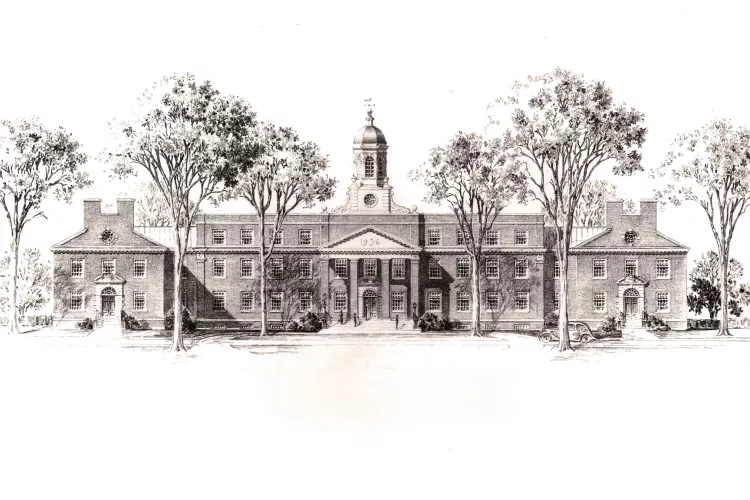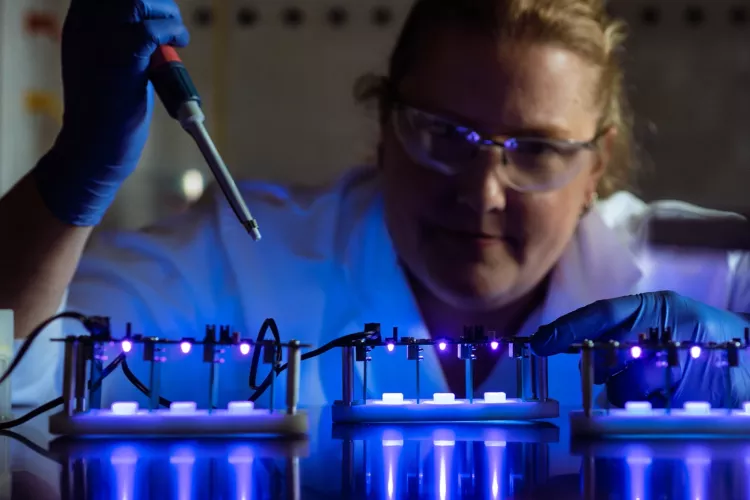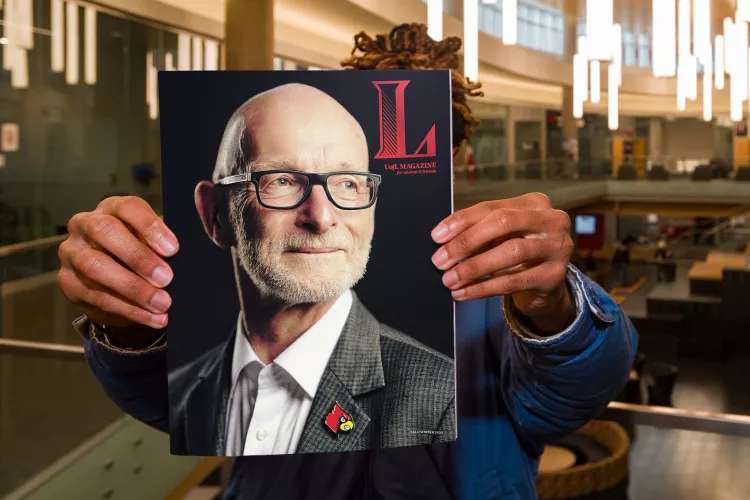UofL research shows gut bacteria can lessen alcohol use and liver damage
October 2, 2024At the University of Louisville, researchers are discovering ways to use nutrition to reduce organ injury from alcohol use disorder.
Science has shown that bacteria, viruses and other microbes that live in and on the human body – the microbiota – are essential in maintaining and restoring health. Researchers across UofL are investigating the roles of specific bacteria and their metabolites – the substances they produce – and how to employ them in improving health.
Two recent studies from researchers in UofL’s Alcohol Research Center have shown that a specific type of bacteria shows significant benefits in the treatment of alcohol-associated liver disease and alcohol use disorder. The research reveals that both probiotics and the metabolites made by the bacteria have beneficial effects.
One study, a clinical trial in which patients took oral doses of the bacterium Lactobacillus rhamnosus GG (LGG), resulted in reduced alcohol use and liver injury in these patients. A related laboratory study in animal models showed that metabolites from LGG are a source of the benefits.
In the multi-center clinical trial, led by Craig McClain, professor of medicine and director of the Alcohol Research Center, LGG reduced liver injury and, just as importantly, reduced drinking in patients with early alcohol-associated liver disease. Study participants who were treated with LGG showed a significant reduction in liver injury after one month. Six months of LGG therapy was associated with a reduction of heavy drinking to social or abstinence levels.
“There are multiple lines of evidence from several groups showing that altering gut flora plays a role in alcohol consumption and alcohol use disorder treatment. We are pursuing this line of inquiry, but the study is early work,” McClain said. The study was published in the American Journal of Gastroenterology in April.
[caption id="attachment_58823" align="alignleft" width="300"] Wenke Feng, professor in UofL's Department of Pharmacology and Toxicology[/caption]In preclinical research, lab studies led by Wenke Feng, professor in the UofL Department of Pharmacology and Toxicology, showed that the substances produced by LGG, its metabolites, are responsible for the beneficial effects to the gut and liver of alcohol-treated mice. That study, LGG-derived exosome-like nanoparticles protected against ALD, was published in Hepatology in April.
"Our ongoing research aims to uncover mechanistic insights that could pave the way for new treatments for alcohol-associated disorders,” Feng said.
“Dr. Feng’s studies show that it is not the live bacteria that is required to obtain benefits, but instead substances that the bacteria make are the active, beneficial ingredients. Working with our metabolomics group, Dr. Xiang Zhang and colleagues, we have identified some of these active substances,” McClain said. Zhang is professor of chemistry and director of the UofL Center for Regulatory and Environmental Analytical Metabolomics.
“These exciting results suggest that probiotics may be a source of new therapies for alcohol-use disorder as well as alcohol-associated liver disease,” McClain said.
Alcohol use disorder (AUD) is a medical condition in which people have limited ability to stop or control their alcohol use. According to the 2021 National Survey on Drug Use and Health, AUD affected 29.5 million Americans over the age of 12 in the past year. Prolonged excessive alcohol use can result in high blood pressure, heart disease, stroke, liver disease and digestive problems, as well as cancer, mental health problems, weakened immune system and social problems.
For more information on alcohol use disorder, visit the National Institute of Alcohol Abuse and Alcoholism’s page on understanding alcohol use disorder.
Betty Coffman is a communications coordinator focused on research and innovation at UofL. A UofL alumna and Louisville native, she served as a writer and editor for local and national publications and as an account services coordinator and copywriter for marketing and design firms prior to joining UofL’s Office of Communications and Marketing.



